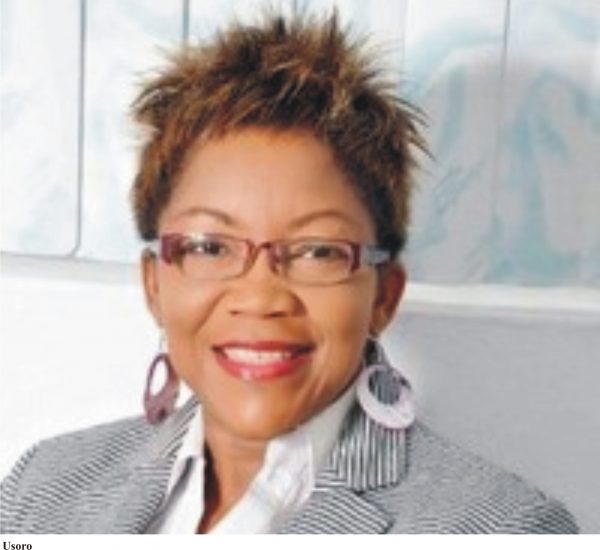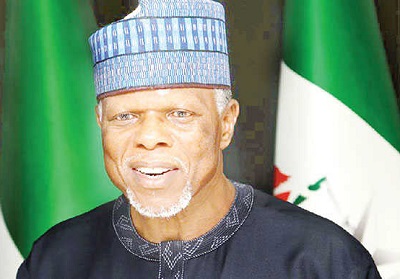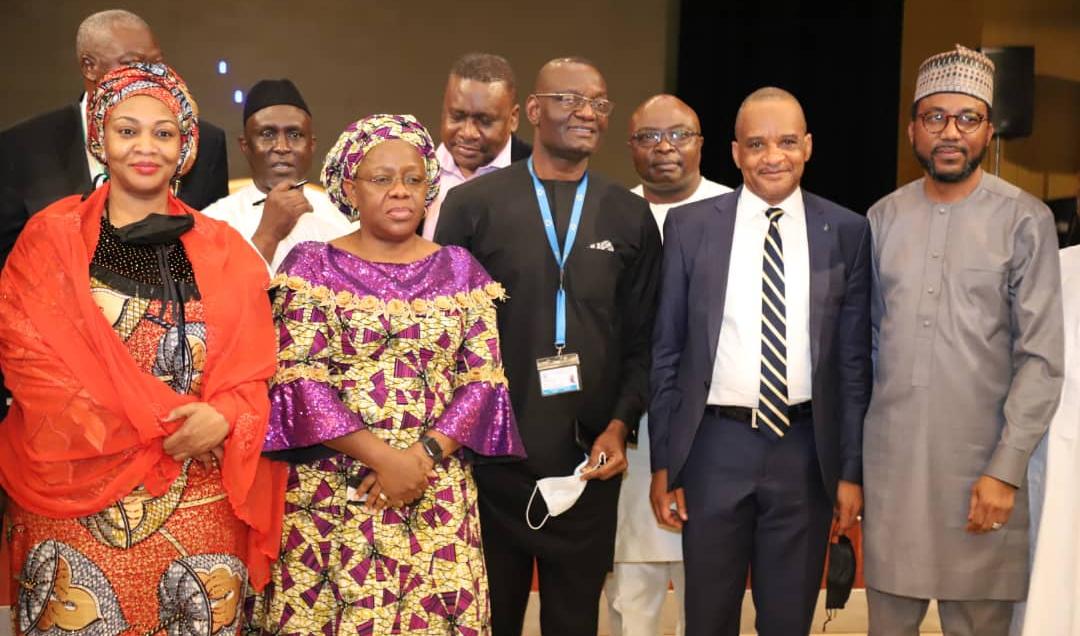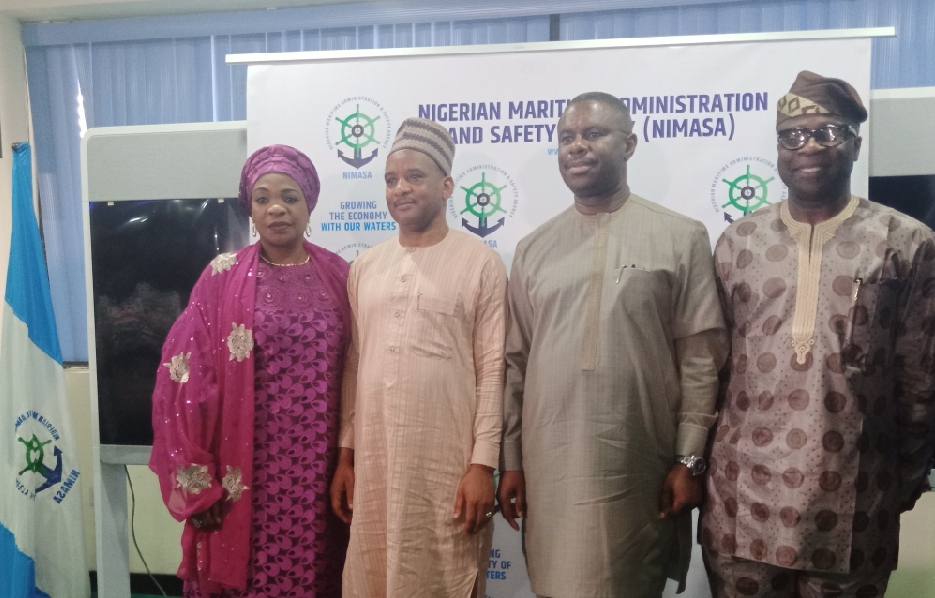AfCFTA: Nigeria Needs To Unlock Maritime Potentials

The Secretary-General, Abuja Memorandum of Understanding (MoU) on Port State Control for West and Central African region, Barr. (Mrs.) Mfon Usoro has admonished Nigerian government not to neglect maritime potentials in view of the African Continental Free Trade Agreement (AfCFTA).
Usoro expressed worry that the nation had become too concerned about developing its manufacturing and energy sectors that it paid little attention to the crucial role of maritime transportation.
Speaking at a recent maritime stakeholders forum, Usoro said, “The topical issue at the moment is AfCFTA and the challenge is to unlock the maritime potentials in Nigeria so that we can enhance trade opportunities and market access that would be opened up by the agreement”
“While we may be concentrating on manufacturing and energy sectors, we tend to forget that these sectors depend very much on maritime transportation. The equipments needed for the energy sector and raw materials have to be transported via maritime. We need to unlock our maritime potentials so that Nigerian ports will be the hub port in the region”
She also stressed that Nigeria has to play a more significant role in regional and globally.
“There was a time when meetings wouldn’t proceed because Nigeria wasn’t on the table either at PMACA and other regional committee, but that is no longer the case because our role has been diminished. This is because we no longer take these issues seriously as a priority as it we used to” she said.
She lamented that no Nigerian attended a recent African programme on infrastructure development which held in Kigali, Rwanda.
“We had experts from several countries but none was from Nigeria. In the course of discussing these issues many presenters were mentioning the strengths and comparative advantages of their countries and I know that we have similar companies and capacities in Nigeria, if not more. Nevertheless, we weren’t there. If you aren’t on the table you wouldn’t be taken into consideration when critical decisions are being made” she added.








